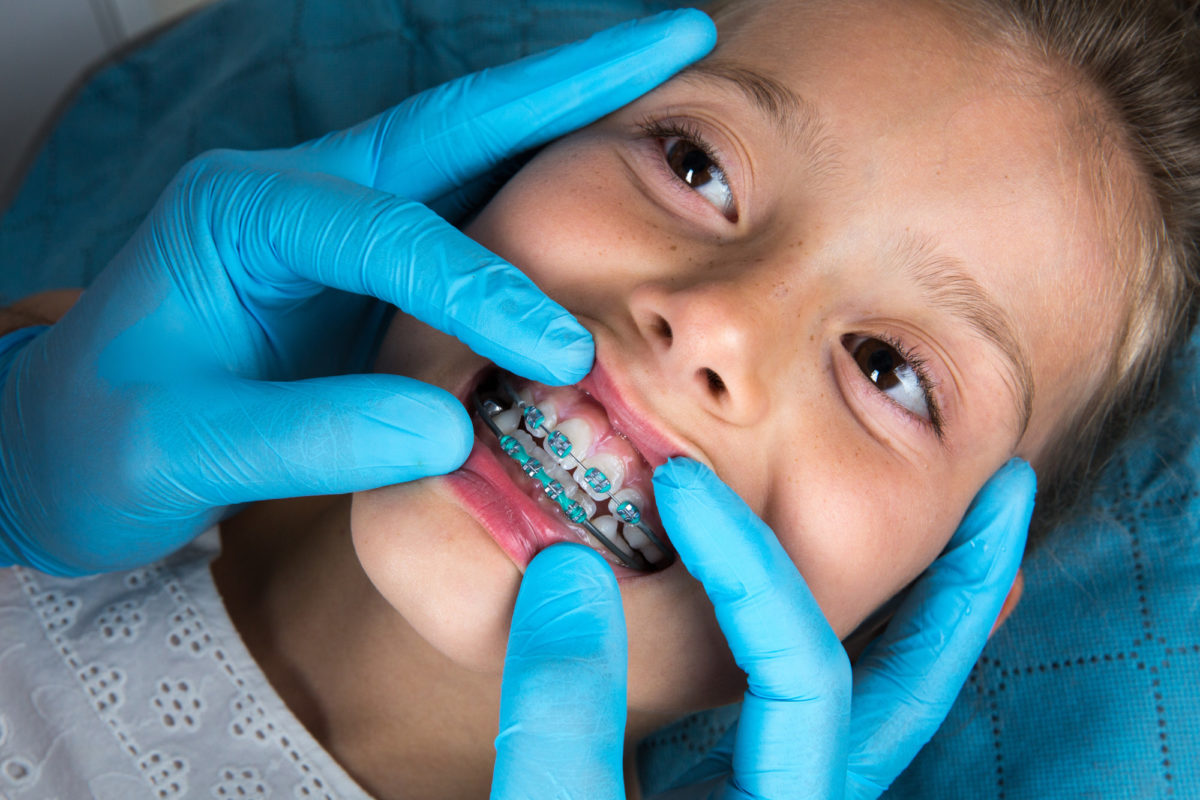5 Common Dental Problems in Children and How to Prevent Them
Good dental hygiene is crucial for children’s overall health and well-being. Poor dental hygiene in children can lead to dental problems such as tooth decay, gum disease, bad breath, malocclusion, and tooth sensitivity. These problems can cause pain, discomfort, and even impact a child’s self-esteem and confidence.
The purpose of this article is to provide parents with information on the five most common dental problems in children and how to prevent them. By understanding these common dental issues and taking steps to prevent them, parents can help their children maintain good oral health and prevent future dental problems.
Tooth Decay
Tooth decay is a common dental problem that occurs when bacteria in the mouth produce acid that eats away at the tooth’s enamel, causing cavities. Children are particularly susceptible to tooth decay because their teeth are still developing and are more vulnerable to damage.
The common causes of tooth decay in children include poor dental hygiene, a diet high in sugar and carbohydrates, not enough fluoride, and lack of regular dental check-ups. Additionally, children who have a dry mouth or medical conditions that affect saliva production are at a higher risk for tooth decay.
To prevent tooth decay in children, parents should encourage their children to brush their teeth twice a day with fluoride toothpaste, floss daily, and rinse with mouthwash. Parents should also limit sugary and carbohydrate-rich foods and drinks, such as candy, soda, and juice, and encourage their children to eat a balanced diet with plenty of fruits, vegetables, and dairy products. Additionally, regular dental check-ups and professional cleanings can help prevent and detect tooth decay early on.
Gum Disease
Gum disease, also known as periodontal disease, is an infection of the gums that can cause inflammation, bleeding, and even tooth loss. Gum disease affects both adults and children, and if left untreated, can lead to more serious health problems.
The common causes of gum disease in children include poor dental hygiene, genetic factors, medical conditions, and certain medications. Children who have a diet high in sugar and carbohydrates and who use tobacco products are also at a higher risk for gum disease.
To prevent gum disease in children, parents should encourage their children to brush their teeth twice a day with fluoride toothpaste, floss daily, and rinse with mouthwash. A diet rich in fruits, vegetables, and dairy products can also help promote healthy gums. Parents should also ensure that their children receive regular dental check-ups and professional cleanings. In some cases, orthodontic treatment may be necessary to correct misaligned teeth and prevent gum disease. Finally, parents should discourage their children from using tobacco products and maintain good oral hygiene habits throughout their lifetime.
Bad Breath
Bad breath, also known as halitosis, is a common dental problem that affects both children and adults. Bad breath can cause social discomfort and affect a child’s self-esteem and confidence.
The common causes of bad breath in children include poor dental hygiene, dry mouth, certain medical conditions, such as sinus infections or allergies, and a diet high in sugar and carbohydrates. Additionally, poor oral habits, such as tongue cleaning or neglecting to brush teeth and gums, can also cause bad breath.
To prevent bad breath in children, parents should encourage their children to brush their teeth twice a day with fluoride toothpaste, floss daily, and rinse with mouthwash. Parents should also ensure that their children drink plenty of water to promote saliva production, which helps to cleanse the mouth. A healthy diet rich in fruits, vegetables, and dairy products can also help prevent bad breath. In some cases, bad breath may be a symptom of an underlying medical condition, and parents should consult a dentist or doctor if their child’s bad breath persists despite good oral hygiene habits.
Malocclusion
Malocclusion is a dental problem that occurs when the teeth and jaws are misaligned, causing problems with biting, chewing, and speaking. Malocclusion can affect a child’s self-esteem and confidence, as well as their oral health.
The common causes of malocclusion in children include genetics, thumb-sucking, mouth-breathing, pacifier use, and prolonged bottle-feeding. Additionally, injuries or trauma to the mouth or jaw can cause malocclusion.
To prevent malocclusion in children, parents should discourage their children from thumb-sucking or pacifier use after the age of three. Parents should also encourage their children to breathe through their nose, rather than their mouth, and discourage prolonged bottle-feeding. Early orthodontic treatment, such as braces or retainers, can also help correct malocclusion and prevent further dental problems. Regular dental check-ups can help detect and monitor malocclusion, and parents should consult with a dentist or orthodontist if they suspect their child has malocclusion.
Tooth Sensitivity
Tooth sensitivity is a dental problem that causes pain or discomfort when consuming hot or cold foods and drinks. Tooth sensitivity can affect both adults and children and can lead to discomfort and avoidance of certain foods and drinks.
The common causes of tooth sensitivity in children include poor dental hygiene, cavities, gum disease, teeth grinding, and enamel erosion. Additionally, consuming acidic or sugary foods and drinks can also contribute to tooth sensitivity.
To prevent tooth sensitivity in children, parents should encourage their children to brush their teeth twice a day with fluoride toothpaste and floss daily. Parents should also ensure that their children receive regular dental check-ups and professional cleanings to prevent and detect dental problems early on. A diet low in sugary and acidic foods and drinks can also help prevent tooth sensitivity. In some cases, using a desensitizing toothpaste or fluoride treatment can help alleviate tooth sensitivity. Additionally, wearing a mouthguard during sports or teeth grinding can help protect the teeth from damage and prevent tooth sensitivity.
Conclusion
Dental problems are common in children, but they can be prevented with good dental hygiene practices. Tooth decay, gum disease, bad breath, malocclusion, and tooth sensitivity can be prevented by encouraging children to brush and floss regularly, maintaining a healthy diet, and visiting the dentist regularly.
It is important for parents to take their child’s dental hygiene seriously and encourage good dental habits early on. Dental problems can affect a child’s overall health and wellbeing, and good dental hygiene habits can prevent dental problems from occurring in the first place.
Parents should take their children to the dentist for regular check-ups and cleanings every six months or as recommended by their dentist. Additionally, parents should take their children to the dentist if they experience any dental problems or pain.
By following these simple tips, parents can help prevent common dental problems in children and ensure that their children have healthy and happy smiles for years to come.






